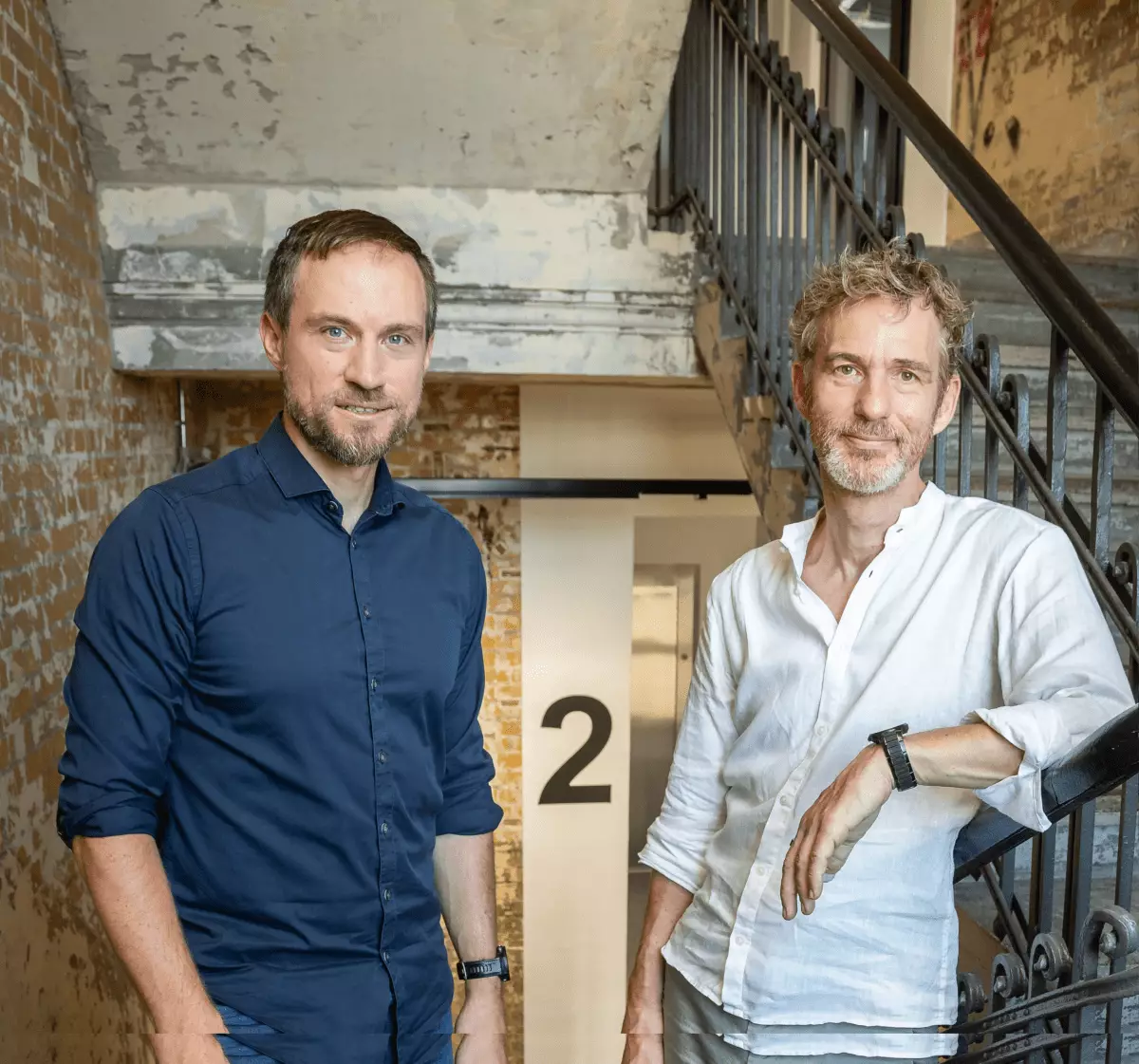As the landscape of language learning continues to evolve, Babbel, the well-known Berlin-based platform, is entering a new chapter of leadership. With Arne Schepker stepping down as CEO after nearly five years, co-founder Markus Witte is resuming a prominent leadership role. Although he will not immediately reclaim the title of CEO, he takes on the mantle of Executive Chairman and Managing Director, signaling a significant transition for the company. This leadership change notably coincides with Babbel’s strategic pivot towards integrating artificial intelligence (AI) into its educational framework.
Schepker’s departure is notable, not just for the talent leaving the firm but also for the tenacity he demonstrated in his previous leadership role. Joined Babbel initially as Chief Marketing Officer in 2015, he quickly rose through the ranks and firmly established himself as CEO. During his tenure, Babbel’s revenue surged sixfold, reaching approximately $300 million, while its workforce expanded to nearly 1,000 employees. These metrics reflect Schepker’s ability to guide Babbel through a transformative phase, yet he chose not to renew his contract, citing a desire for deeper commitment — a call to arms to work not just at capacity but at an “180 percent” effort. His feelings about stagnation in the role, particularly in relation to mundane tasks like budgeting and setting objectives, played a vital role in his decision.
In conversations with Schepker, he articulated his desire for a more enriching personal life, emphasizing the importance of family time. Beyond the financial milestones, Schepker expressed profound pride in Babbel’s humanitarian initiatives during the COVID-19 pandemic and its support for Ukrainian refugees. While corporate success is quantifiable, these altruistic efforts highlight Babbel’s commitment to impactful language education across varying demographics.
Markus Witte’s return comes at a converging time for Babbel, where the integration of AI promises to redefine how individuals engage in language learning. Witte acknowledged the transformative potential of AI and was careful to note that Babbel had always employed machine learning in the background but had not marketed itself as an AI-centric firm. Instead, the platform’s identity has hinged on its educational credibility and expertise.
Witte believes we are at an inflection point in the realm of language education due to the rapid advancement in AI technologies. He voiced a challenge faced by not just startups but established firms—to remain adaptable in a landscape that shifts almost daily. Witte’s dual role as a founder and one of the largest shareholders equips him with the acumen to explore bold strategic shifts that might otherwise elude more risk-averse leaders.
The possibility of merging Babbel’s extensive linguistic knowledge with state-of-the-art technological advancements presents massive opportunities. As Witte suggested, the interplay of large language models with Babbel’s foundational teaching principles could revolutionize user experiences. The application of AI could pave the way for customized and engaging learning interactions, tailored specifically to individual learners.
Despite the tech-forward initiatives, both Schepker and Witte emphasize that language learning is fundamentally a human endeavor. The essence of learning a new language remains rooted in meaningful communication—connecting with others and embracing new cultures. They assert that while AI can facilitate the learning process, it cannot replace the intrinsic human motivation to communicate and build relationships across linguistic boundaries.
Schepker’s reflections during his tenure serve as a reminder of the challenges that still plague language education. While technological advancements have streamlined access to learning resources, achieving fluency and genuine conversational skills still requires considerable effort. As Babbel gears up to leverage new technologies, there is a concerted focus on fusing didactic expertise with cutting-edge AI tools to enhance user engagement and success rates.
Moving forward, Witte aims to enhance the workplace culture, striving to create “moments of delight” for both employees and users. These experiential touchpoints serve as an acknowledgment that successful learning journeys resonate on emotional levels. By fostering an environment where joy and enthusiasm coexist with rigorous learning, Babbel seeks to distinguish itself in an increasingly competitive landscape.
The leadership transition at Babbel not only points to internal shifts but reflects broader trends within the educational technology sector. As the boundaries between AI and human learning blur, Babbel’s new chapter—led by a founder experienced in navigating such waters—promises thrilling possibilities for language learners globally. With a renewed commitment to innovation and humanity, Babbel stands ready to redefine the language education experience.

